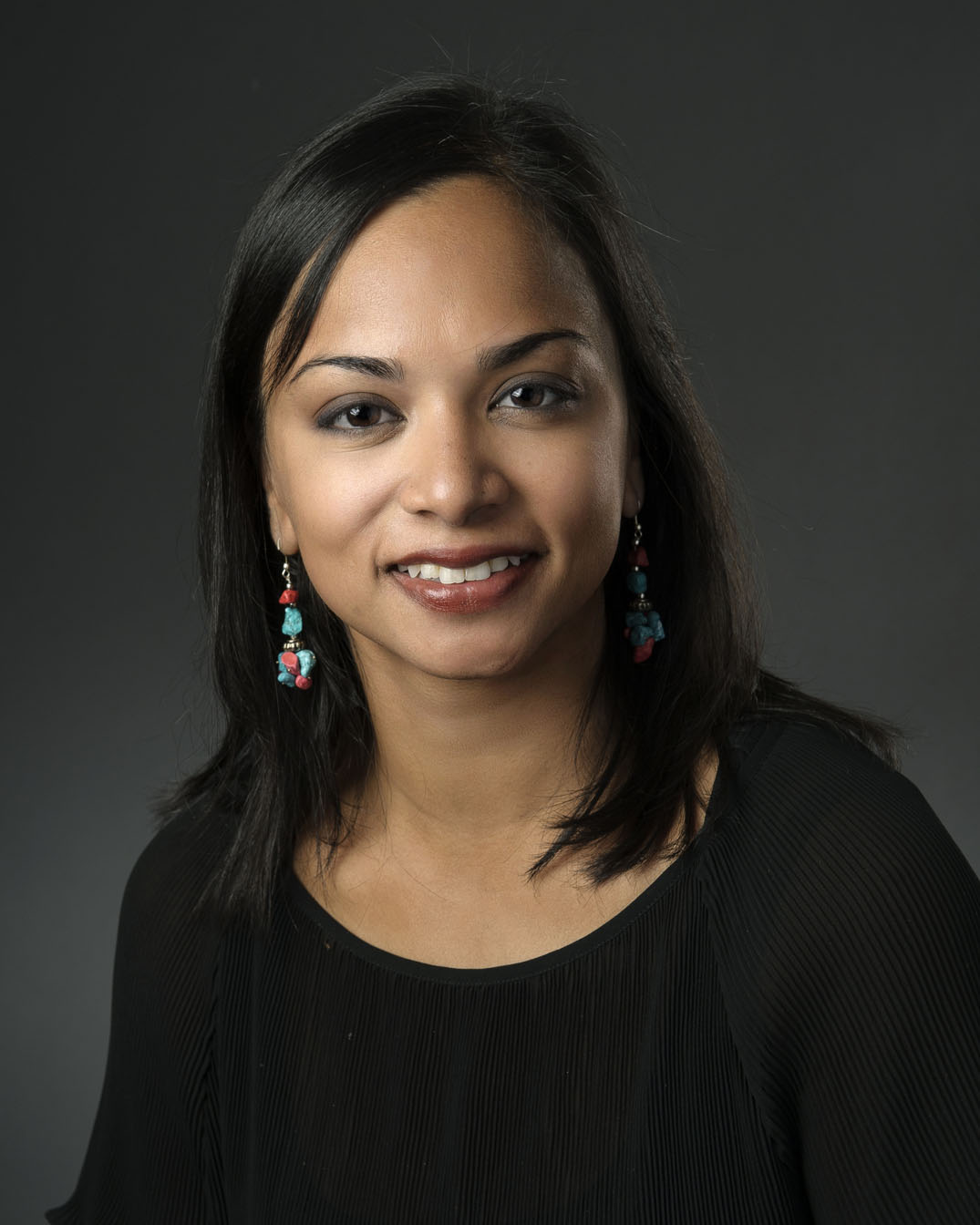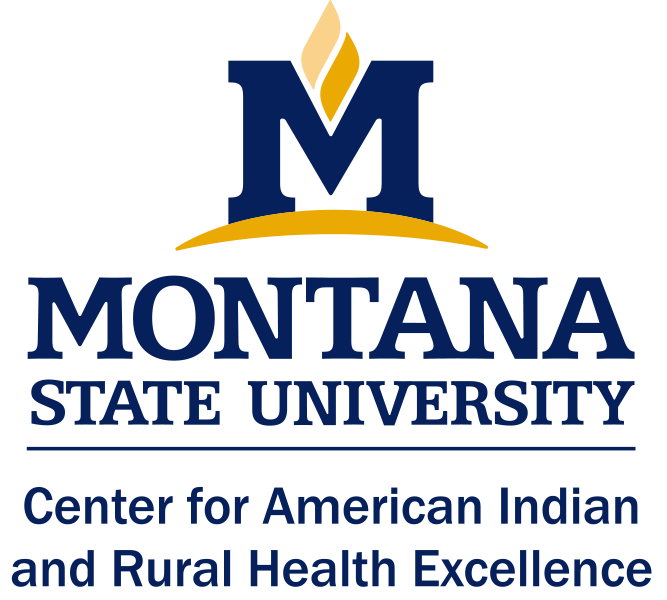A Study of Trauma, Daily Stress, Sleep, and Blood Pressure in American Indian Adults
2017–2019

Neha John-Henderson, Ph.D.
MSU Department of Psychology
[email protected]
Exposure to adversity and trauma can begin early in life among the American Indian population and persist into adulthood. These exposures have important implications for mental and physical health.
Building on a previous CAIRHE pilot project, Understanding the Relationship Between Sense of Belonging and Health in the Blackfeet Tribal Community, this project led by Dr. Neha John-Henderson examined associations between trauma (historical and childhood) and daily life experiences (i.e., stressors, interactions, community events), sleep quality, ambulatory blood pressure, and immune system inflammation among American Indian adults in Montana.
The research used ecological momentary assessment (EMA) to characterize daily life experiences for adult community members. EMA involves repeated sampling of an individual’s current behaviors and experiences in real time as they unfold in their natural environments. The project measured trauma (historical, childhood, and recent) using established instruments, and it examined associations between these factors and daily life experiences and psychological stress. The second aim was to measure sleep cycles, ambulatory blood pressure, and immune system inflammation, all of which have known health implications.
This investigation will provide knowledge about how trauma relates to daily life experiences and stress, patterns of sleep and ambulatory blood pressure, and immune system inflammation in American Indian adults. The findings of this research will have important implications for understanding the roots of health disparities in Native communities, given that these outcomes have known implications for health and disease risk.
Investigator Spotlight
Dr. John-Henderson began her work with Blackfeet Community College students soon after she joined the MSU Department of Psychology in Fall 2016. Prior to this she studied the pathways through which early life adversity shapes health and resilience into adulthood. She continues this research in her SARAH (Stress, Adversity, Resilience, and Health) Lab at MSU.
In all of her research, she is particularly interested in understanding how positive experiences and relationships may confer protection from the negative consequences of trauma or adversity on health. “While it’s impossible to change the past, there’s always the possibility to make changes in the current environment to bring about positive outcomes,” she says, “and that potential is what drives my research.”

